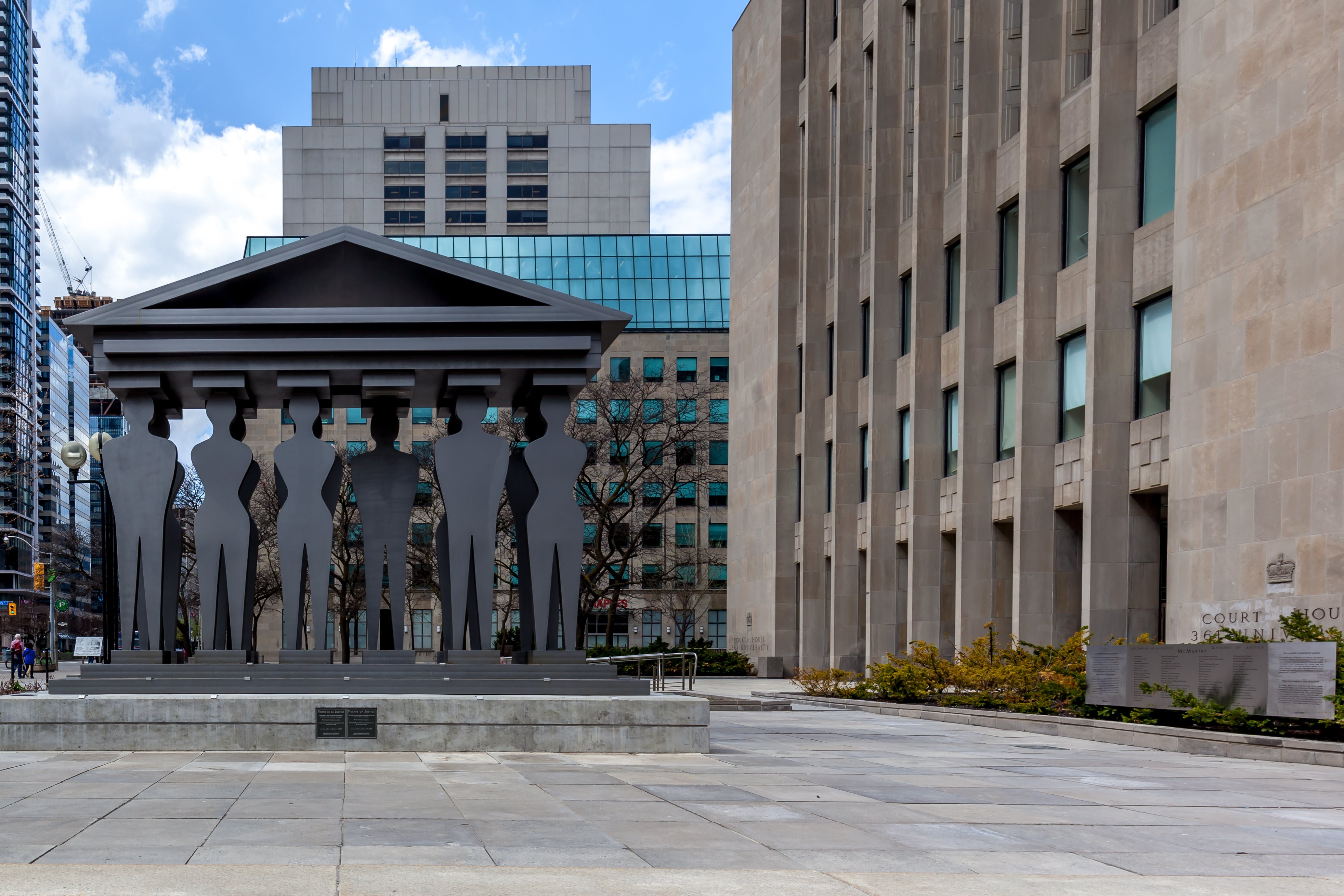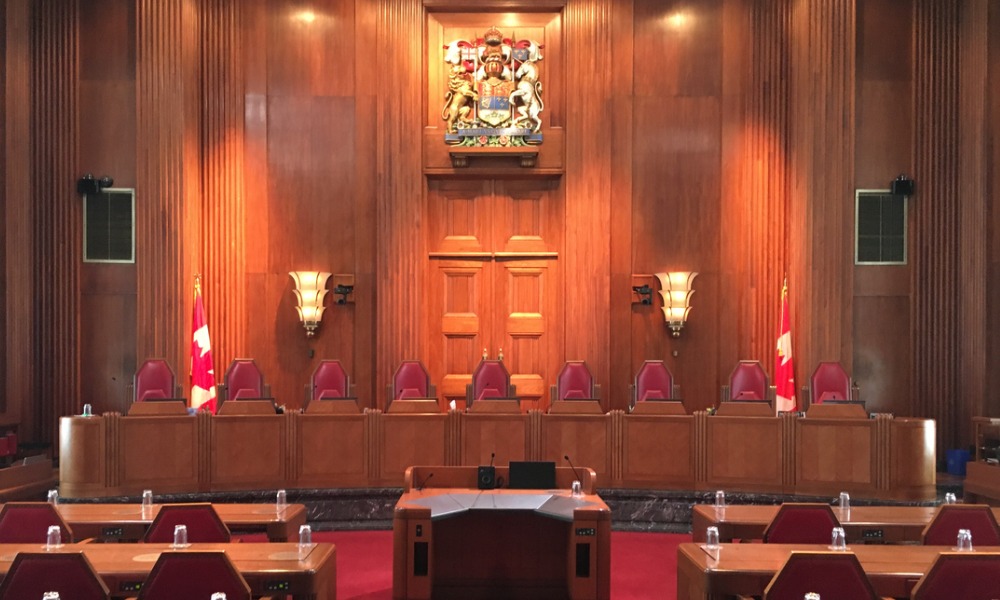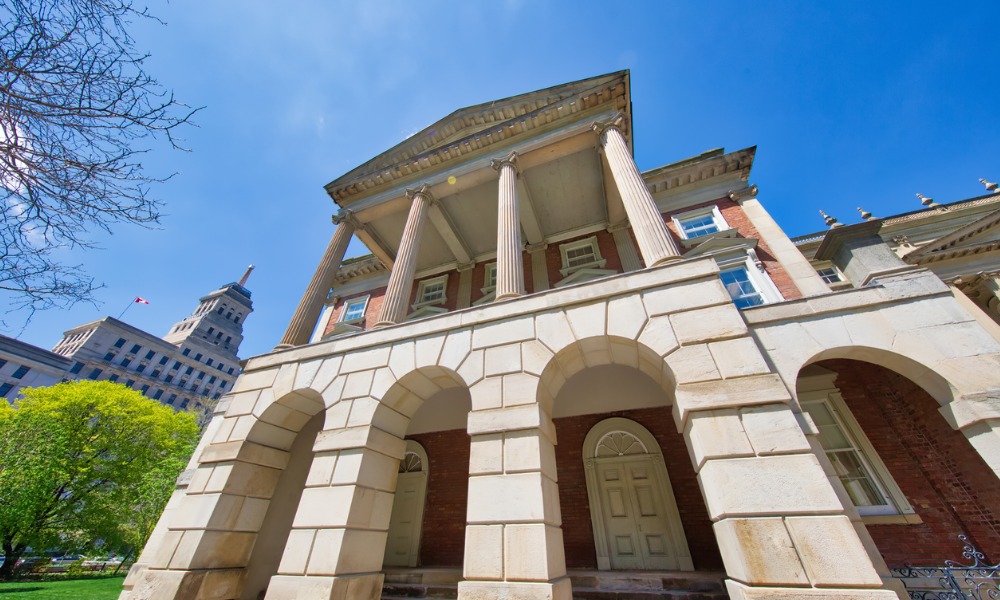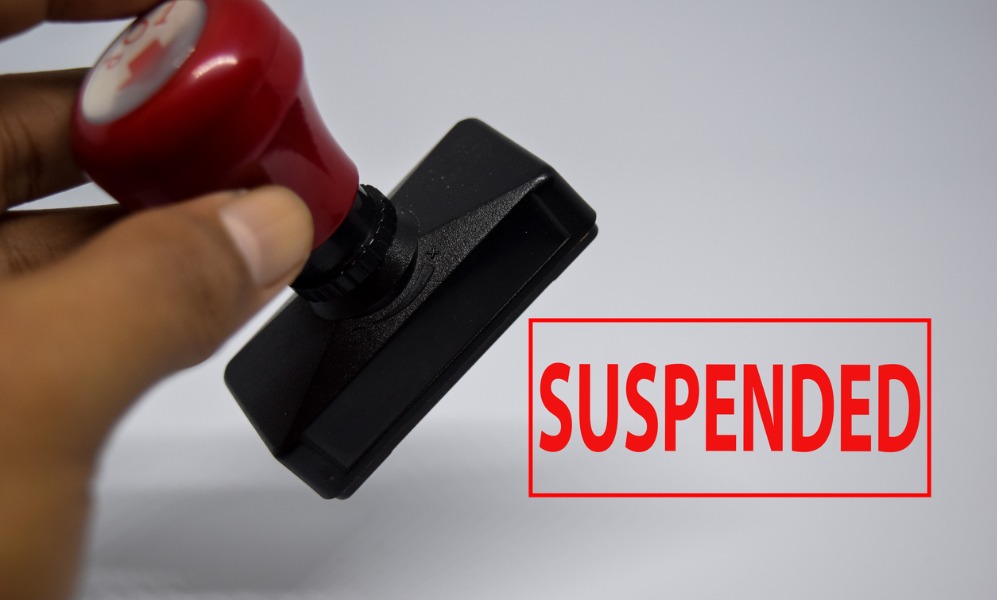Court found law violated rights to freedom of expression and presumption of innocence

Ontario’s anti-panhandling law violates Charter-protected freedom of expression and the presumption of innocence, a Superior Court has found.
The Ontario government passed the Safe Streets Act in 1999. The legislation prohibited begging or panhandling in certain circumstances, punishable by fine. In conjunction with a provision in the Highway Traffic Act, the law also banned squeegeeing and soliciting drivers on the road.
Finding various provisions violated s. 2(b) and s. 11(d) of the Charter, which protects free expression and the presumption of innocence, Superior Court Justice Robert Centa ruled those sections of no force and effect.
“It's just going to make for a more human law that respects the ability of individuals who panhandle to express their need for help,” says Nicolas Rouleau, a lawyer for the applicant, Fair Change.
“They're going to be able to ask for help, as long as it's not aggressive… It's going to make their life a lot easier, and it's going to treat them, honestly, as human beings.”
Fair Change, a student-run, pro-bono legal clinic that represents street-involved people fined for panhandling and loitering, challenged the Act on the grounds that it was a violation of ss. 2(b), 7, 11(d), 12, and 15. These Charter protections guarantee freedom of expression; the right not to be deprived of life, liberty, and security of the person except in accordance with the principles of fundamental justice; the presumption of innocence; the freedom from cruel or unusual treatment or punishment; and the right to equality.
Section 2(2) of the Act bans soliciting “in an aggressive manner,” which would “likely cause a reasonable person to be concerned for his or her safety and security.” Section 2(3) of the Act prohibits soliciting while intoxicated by drugs or alcohol, deeming it to count as soliciting in a manner that is likely to elicit fear from passersby.
Under s. 3(2), solicitation is not permitted when directed at a person using, waiting to use, or departing after using an ATM, payphone, or public toilet. The provision also prohibits soliciting a person waiting at a taxi stand or transit stop, riding a transit vehicle, exiting or entering a car in a parking lot, or a person on a roadway in a stopped, idling, or parked vehicle.
Justice Centa found s. 2(2) constitutional but found most of s. 2(3) unconstitutional for violating the presumption of innocence. Centa found the prohibition against squeegeeing constitutional and noted that the ban’s constitutionality had also been upheld at the Court of Appeal in 2007. Centa also found that ss. 3(2)(a) to (e) are an unconstitutional restriction on freedom of expression. The aspect of s. 3(2), which Centa upheld as constitutional, was the ban on soliciting those in a car on a roadway.
Centa rejected Fair Change’s arguments on s. 12, 7, and 15.








